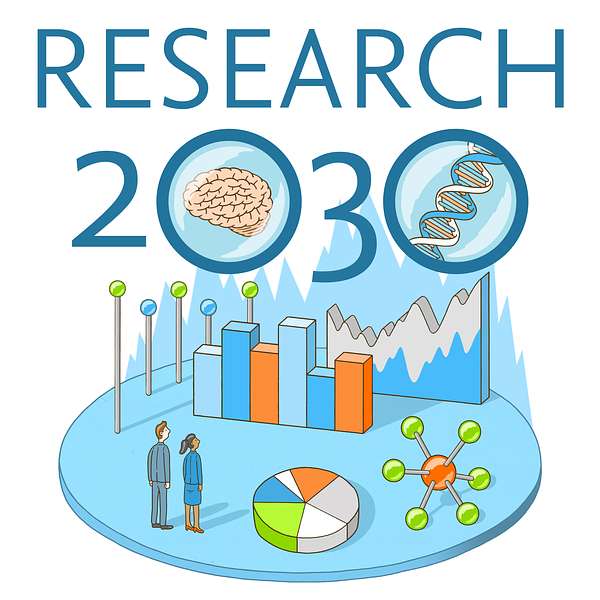
Research 2030
Research 2030
Can the reward system learn to love open science? Part 1 with Jean-Claude Burgelman
This is the first episode in a short series discussing open science and the reward system. The open science movement has been gaining momentum over the past decade, prompting initiatives such as cOAlition S, with its plan to increase open access publications. But while the goals of open science are welcomed by many, challenges remain. And top of the list is the researcher reward system.
In this first episode, host Stephane Berghmans, Elsevier Vice President of Academic and Research Relations EU, welcomes Jean-Claude Burgelman to the podcast. Burgelman is eminently qualified to talk about this topic. Not only is he a part-time Professor of open science policy at Vrije Universiteit Brussel, but was also recently Head of Unit Open Data Policies and Science Cloud at the European Commission, and an open access envoy for the organization.
Show notes:
Jean-Claude Burgelman was responsible for open science and data policies of DG RTD, European Commission. He joined the European Commission in 1999 as a Visiting Scientist in the Joint Research Centre (the Institute of Prospective Technological Studies - IPTS), where he became Head of the Information Society Unit in 2005. In January 2008, he moved to the Bureau of European Policy Advisers (attached to the president of the EC) as adviser for innovation policy. Since 1-10-2008, he joined DG RTD, as advisor and then Head of Unit in charge of top level advisory boards like the European Research and Innovation Area Board, the Innovation for Growth Group and the European Forum for Forward Looking Activities. Read more
- Frontiers in Big Data article mentioned in the podcast "Open Science, Open Data, and Open Scholarship: European Policies to Make Science Fit for the Twenty-First Century"
- Related webinar: Open science and the reward system: how can they be aligned?
We would like to hear from you.
We would like to get your input on Research 2030, find out what drew you in to listen and what topics you would like us to cover. Click on the link about to take our short, and anonymous survey! Or, you can always send us an email at: Research2030@elsevier.com